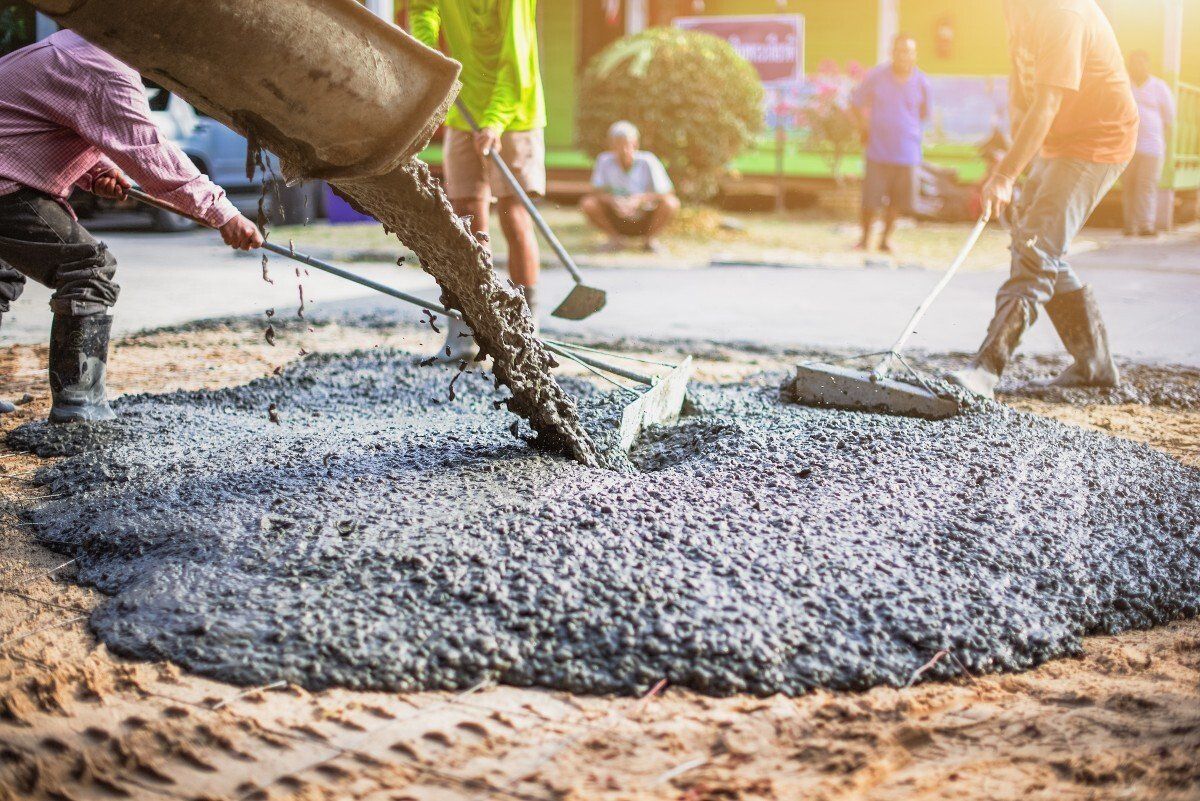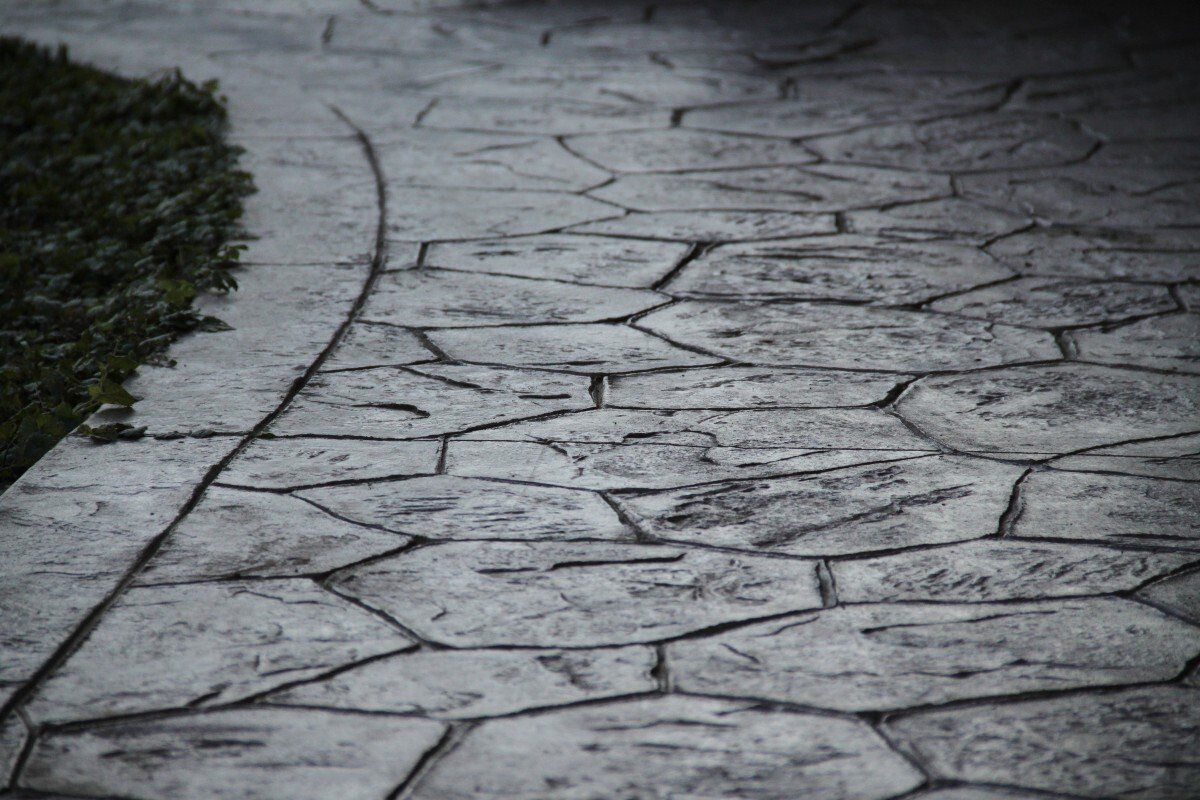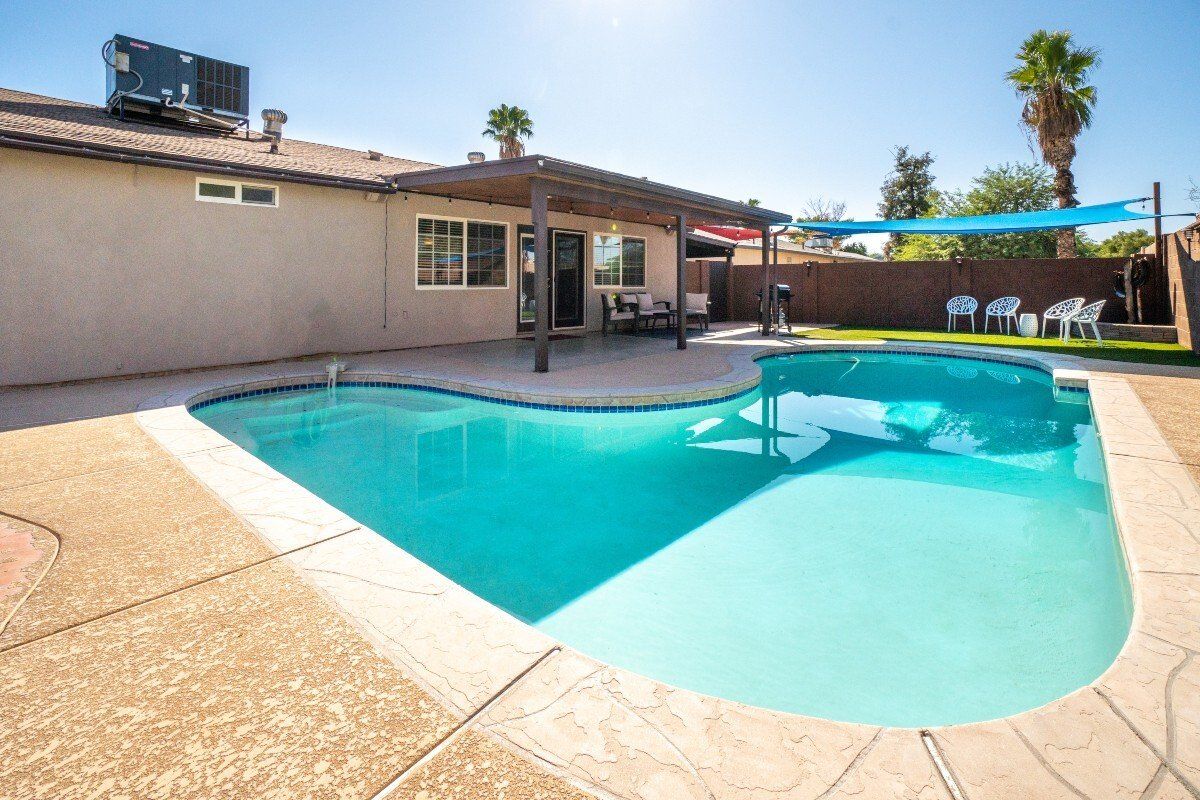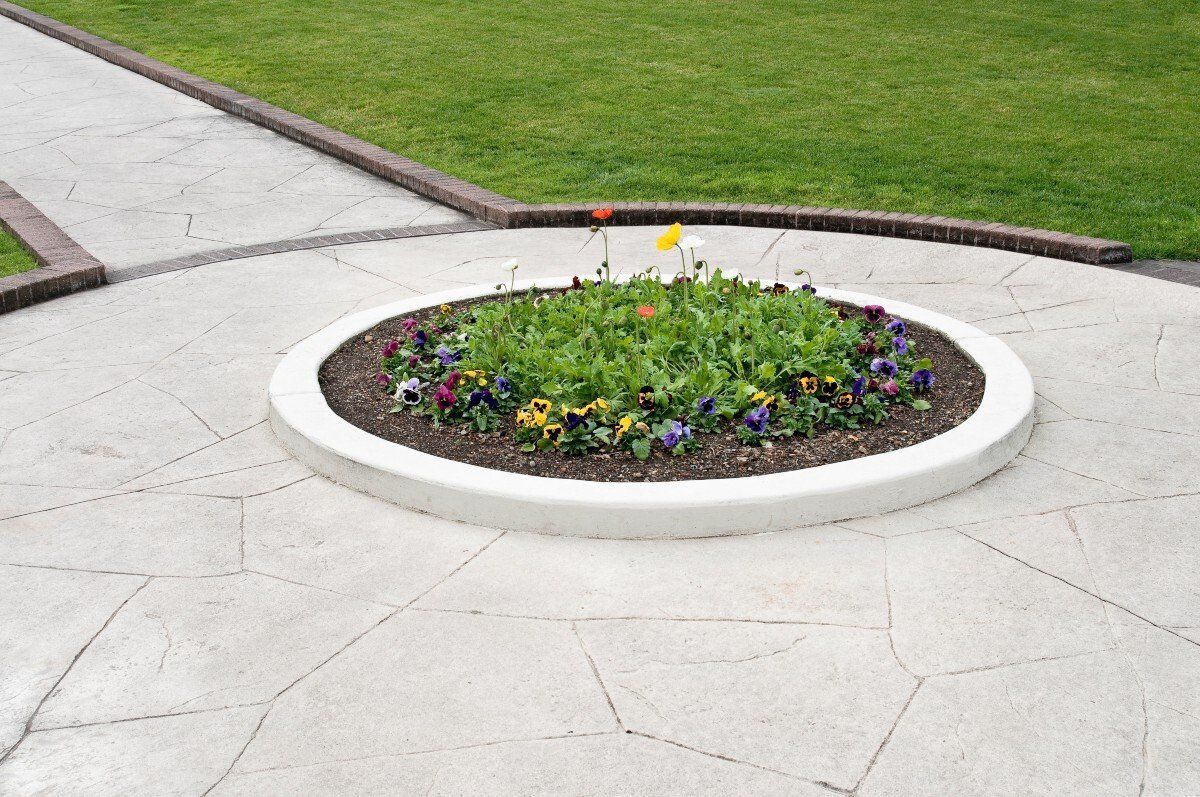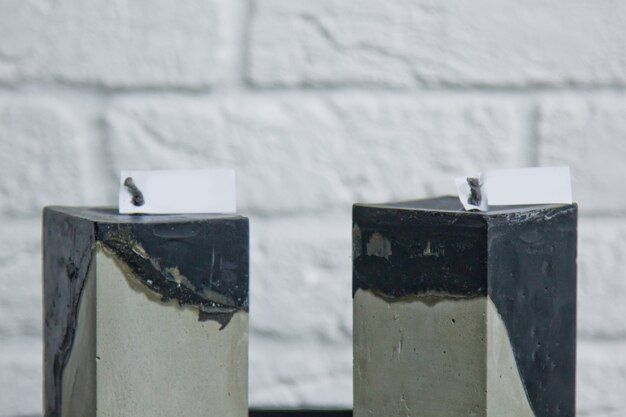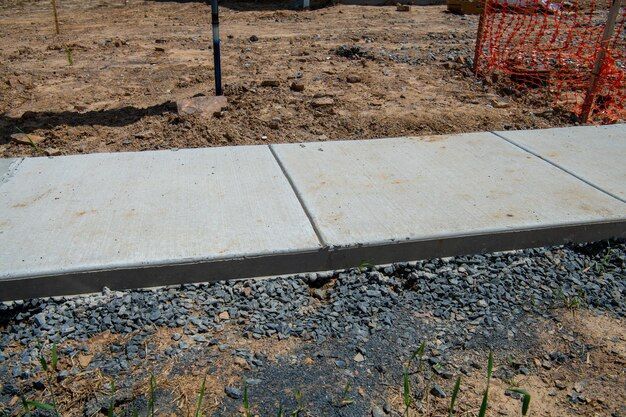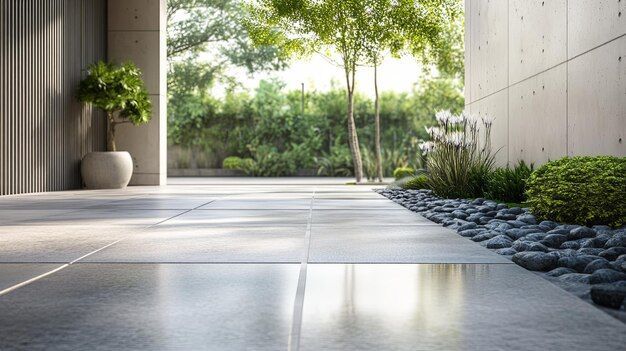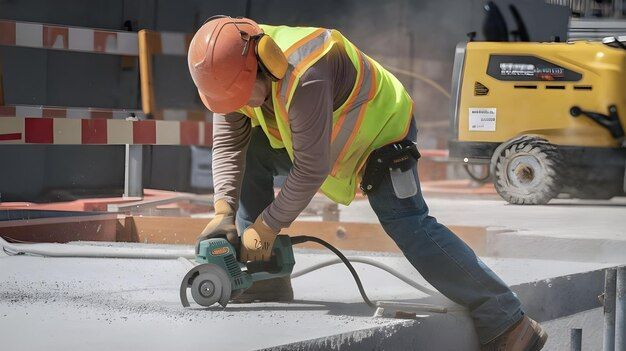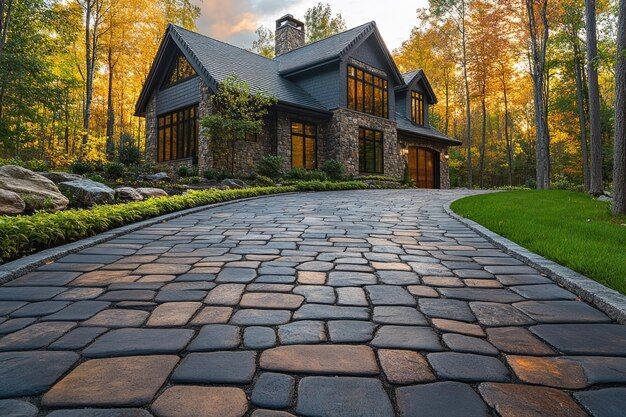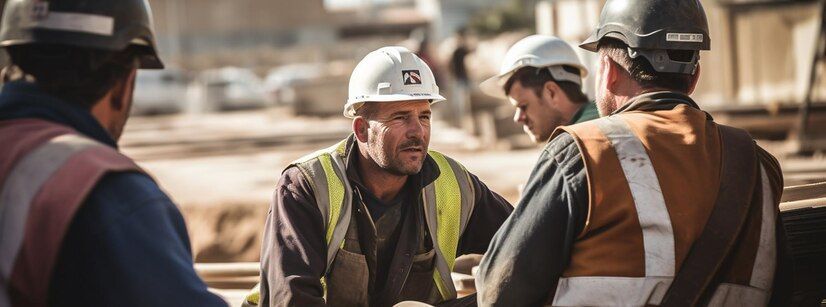Insulated Concrete Forms: Key Information from El Paso Concrete Contractors
Ever wonder what it takes to build a home that feels like it belongs to El Paso’s unpredictable weather? One that stays cool during the summers. Wraps you in warmth on chilly nights. And stands tall against storms? Sounds too good to be true? Well, that's exactly what Insulated Concrete Forms (ICFs) are making possible.
These materials are completely reshaping how we approach construction. In fact, El Paso Concrete Contractors are at the forefront of this revolution. Constructing a cozy family home? A bustling commercial space? Or even a storm shelter? ICFs deliver unbeatable strength. Plus, they are energy-efficient and eco-friendly.
But what exactly are ICFs? And why are they becoming a top choice for builders and homeowners alike? Let’s explore.
What Are Insulated Concrete Forms (ICFs)?
Picture giant LEGO blocks, but with a purpose beyond just fun. ICFs are lightweight foam blocks that stack together to create the framework of a wall. Once these forms are filled with concrete and reinforced with steel, they transform into permanent, ultra-insulated walls that are virtually indestructible.
But ICFs aren’t just about strength. They’re also incredible multitaskers. They combine the resilience of reinforced concrete with insulation so advanced, your energy bills might just thank you.
Think of ICF walls as a superhero team: one member fends off the elements, another keeps your home perfectly insulated, and yet another makes your space quieter and more comfortable.
Why Choose ICFs?
The real question is: why wouldn’t you? Here’s why ICFs are stealing the spotlight:
Energy Efficiency:
ICF walls reduce heating and cooling costs by up to 50%. Yes, with their superior insulation, your home stays cool in the summer. And it stays warm in the winter. That cuts utility bills and shrinks your carbon footprint.
Unbeatable Strength:
Hurricanes? Tornadoes? Earthquakes? ICF walls can take a beating. They’re so strong, FEMA recognizes them as disaster-resistant.
Noise Reduction:
Living near a busy street or noisy neighbors? Not a problem. ICFs excel at soundproofing. They turn your home into a peaceful escape.
Eco-Friendly Materials:
Many ICFs are created from recyclable materials. They generate less construction waste. So they are an excellent choice for environmentally conscious projects.
Comfort You Can Feel:
Drafty rooms? Hot spots? Forget them. ICFs deliver consistent temperatures everywhere, making your home feel just right.
How Do ICFs Work?
ICFs might sound high-tech. But their construction process is straightforward:
- Foundation First: A stable base is prepared to support the structure.
- Stacking the Forms: The foam blocks are interlocked. Much like assembling a puzzle.
- Reinforcing for Strength: Steel rebar is added. So the walls can handle extreme forces.
- Concrete Pour: Concrete is poured into the forms, creating a solid, insulated wall.
- Finishing Touches: Add drywall or siding. And the walls are complete. Strong, insulated, and ready to perform.
How Do ICFs Compare to Traditional Construction?
Still on the fence? Here’s how ICFs stack up against wood-frame construction:
Thermal Insulation:
ICF walls provide continuous insulation with no gaps. They outperform wood-frame walls by a long shot.
Fire Resistance:
Wood burns. Concrete doesn’t. ICFs can endure temperatures of up to 2,000°F. It's really a safer option.
Maintenance:
Wood-frame buildings often require repairs and upkeep. ICFs? Practically maintenance-free.
Speed of Construction:
ICFs are relatively easy to install. They speed up the construction process. The forms stay in place. So there’s no need for additional framing or insulation installation.
Applications of ICFs
One of the best things about ICFs is their versatility. Here’s where you can use them:
- Residential Homes: Want a cozy, energy-efficient home that’s also disaster-proof? ICFs are the answer.
- Commercial Buildings: Offices, schools, and retail spaces. They all benefit from the energy savings and soundproofing that ICFs provide.
- Storm Shelters: Need a structure that can stand up to hurricanes or tornadoes? ICFs are your safest bet.
- Basements and Retaining Walls: Stay dry and insulated, whether underground or outdoors.
Misconceptions About ICFs—Debunked!
Let’s address some common myths:
- “ICFs are too expensive.”
- ICFs may have higher upfront costs. But their energy savings and reduced maintenance needs make them a smart long-term investment.
- “They’re not flexible for design.”
- Think again. ICFs can accommodate curved walls, unique shapes, and even complex architectural elements.
- “They’re only for cold climates.”
- Far from it! In El Paso’s heat, ICFs excel at keeping interiors cool. That makes them perfect for hot climates too.
Why ICFs Are the Future of Building
Energy costs are increasing and so is the focus on sustainability. ICFs represent a smarter way to build. They deliver comfort, safety, and savings. Plus, they reduce environmental impact. A win-win for homeowners and the planet.
Final Verdicts
So, what’s the bottom line? If you want to build something that lasts, look no further than Insulated Concrete Forms. Moreover, it saves energy and reduces environmental impact. Planning a home? Or a commercial space? ICFs are your best bet for creating a structure that stands the test of time.
Choosing El Paso Concrete Contractors, we build. And we innovate. With years of expertise in ICF construction, we’ll make sure your project is tailored to your needs.
Ready to build smarter? Let’s talk. Reach out today and see how ICFs can transform your next project.
